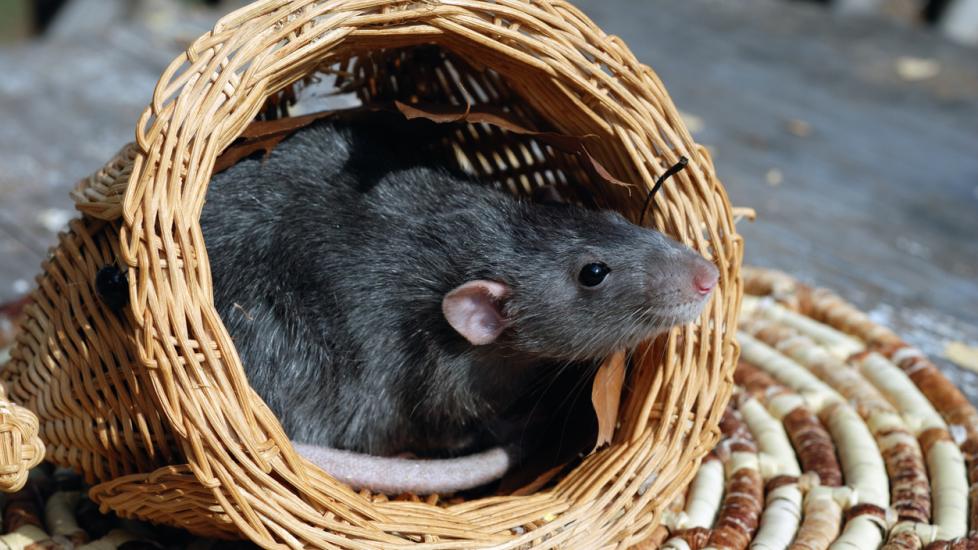Sialodacryoadenitis and Coronavirus Infection in Rats
Sialodacryoadenitis and rat coronavirus are inter-related viral infections that affect the nasal cavities, lungs, salivary glands and the Harderian gland that is close to the eyes in rats. These are highly infectious diseases that can be spread from rat to rat simply by being in the same vicinity as an infected rat. Aerial spread of the virus is common through sneezing by the infected rats. In addition, rats do not always show signs of being infected, making this virus an unexpected danger.
An infected rat may carry the virus quietly and without symptoms for a week. These viral infections last from two to three weeks.
Symptoms and Types
An infected rat's symptoms will depend on the organs that are most affected by the infection. In fact, a rat may be a carrier of the virus for up to a week sometimes without displaying any symptoms. Discharge from the eyes along with mumps-like symptoms will be present with primary sialodacryoadenitis infection. Other symptoms that may occur include:
- Excessive sneezing
- Discharge from nose
- Enlarged salivary glands
- Lymph nodes may be swollen in immune system response
- Mumps
- Avoidamce of bright light (photophobia)
- Reddish brown pigments and discharge around the eyes
- Inflammation of cornea or conjunctiva (eye tissue)
- Squinting
- Blinking
- Eye rubbing
- Excessive scratching at eyes
- Dehydration, if loss of appetite is present
Recommended Products
Causes
Direct contact with infected rats or with their bodily fluids (urine, saliva, feces, etc.) can expose your pet to the sialodacryoadenitis or coronavirus. There are even some circumstances in which the viruses can become airborne.
Diagnosis
Your veterinarian will diagnose the infections through the physical symptoms presented and by laboratory analysis of the body fluids.
Treatment
The first step will be to quarantine the infected rat from the uninfected rats in the home. There is no set treatment for rats that are infected with sialodacryoadenitis and rat coronavirus infections. Treatment is given through antiviral drugs and maintenance of proper hygiene. If your rat has caused damage to its skin or eyes as a result of the irritation this infection can cause, your veterinarian will need to treat the lesions with topical antibiotics. If dehydration is present as a result of lost appetite, supportive care with fluids and electrolyte supplements can be given.
Rats typically recover over a period of two to three weeks, developing resistance to future attacks by these viruses as their immune system responds and builds natural antibodies to the virus. However, you must treat every rat for severe respiratory infections as soon as it begins to show symptoms of any type of viral infection. The preferred choice of treatment is a combination of enrofloxacin, also known as baytril, and doxycycline. Your veterinarian will prescribe the best antiviral medication depending on the primary virus that is found to be causing the infection.
Living and Management
You will need to isolate the infected rat, or rats, from the rest of the group. If possible, removing them to another location entirely is advised, because of the airborne nature of this virus' transmission. If this is not possible, moving them to another room in the house will have to be enough. Consult with your veterinarian on the best ways to disinfect your rat's living environment and cages, and when you can safely place the rats in the same environment with other rats again.
Prevention
Because symptoms of this infection are not always readily apparent, one of the most important steps in preventing this infection is isolating new rats for at least two to three weeks before they are included with the established group of rats. As a general precaution, you must always wash your hands and change your clothing after handling any rat -- or other animal -- before handling your own rats again.
References
Featured Image: iStock.com/NoDerog




